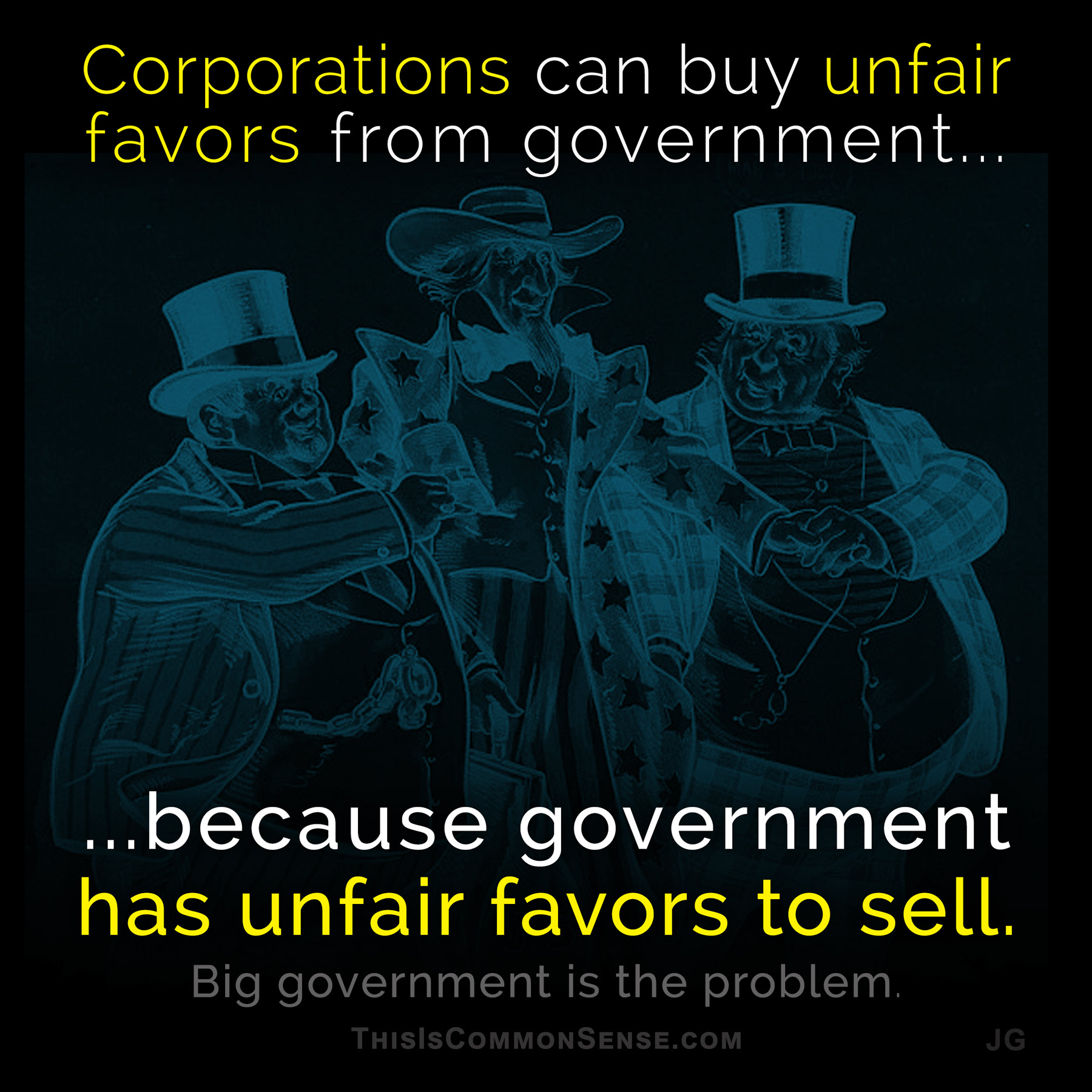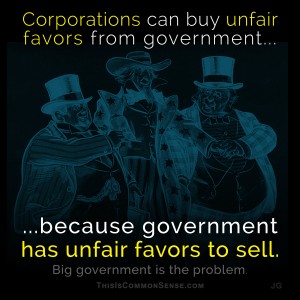Romania’s parliament has confidence in … itself.
Sorta. A parliamentary no-confidence vote failed, despite 161 lawmakers voting for the resolution and only eight voting with the government.
Confused? The no-confidence measure failed because the Social Democrats, controlling nearly two-thirds of the 465 seats in parliament, abstained on the measure, which required a majority of parliament to vote affirmatively.
Not a very confident vote of confidence.
The vote came after eight days of protests in Bucharest, the capital, and around the country — the largest since the 1989 fall of communism. A quarter of a million people took to the streets of Bucharest last Sunday, and half a million nationwide.*
The protests came after last week’s late night corruption decree, issued “by the cabinet, without parliamentary debate,” as Reuters reported — and “designed to decriminalize a number of graft offences, cut prison terms for others and narrow the definition of conflict-of-interest.”
“The emergency ordinance … effectively decriminalized some forms of corruption if the amount involved was less than $47,000,” explained the New York Times, meaning amnesty for Liviu Dragnea, the head of the ruling Social Democrat Party, and dozens of other politicians convicted of graft and corruption.
The decree was hastily rescinded, but Romanians cannot trust their government.
“It’s too late,” one protester said. “Their credibility is zero.”
“This government has offered us a perfect demonstration of what it can do during its first 30 days in office,” another quipped. “Conclusion: they must leave.”
But Prime Minister Sorin Grindeanu told fellow legislators, “I do hope that as of today we get back to work.”
Unfortunately, that’s what Romanians fear.
This is Common sense. I’m Paul Jacob.
* The same ratio of protesters to population in the U.S. would mean eight million protesters nationally.











